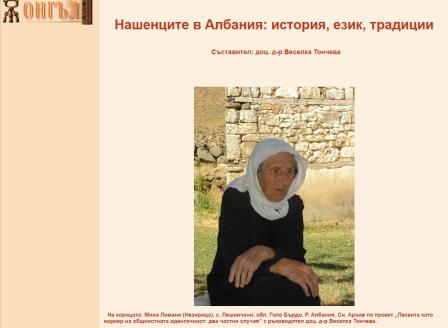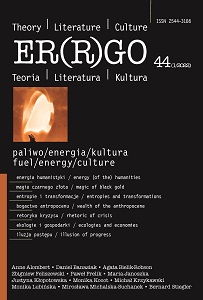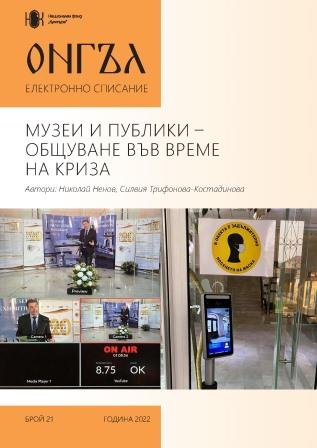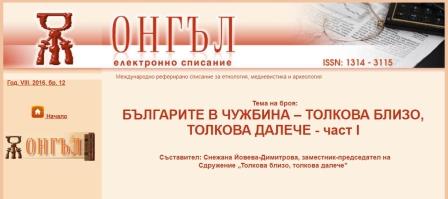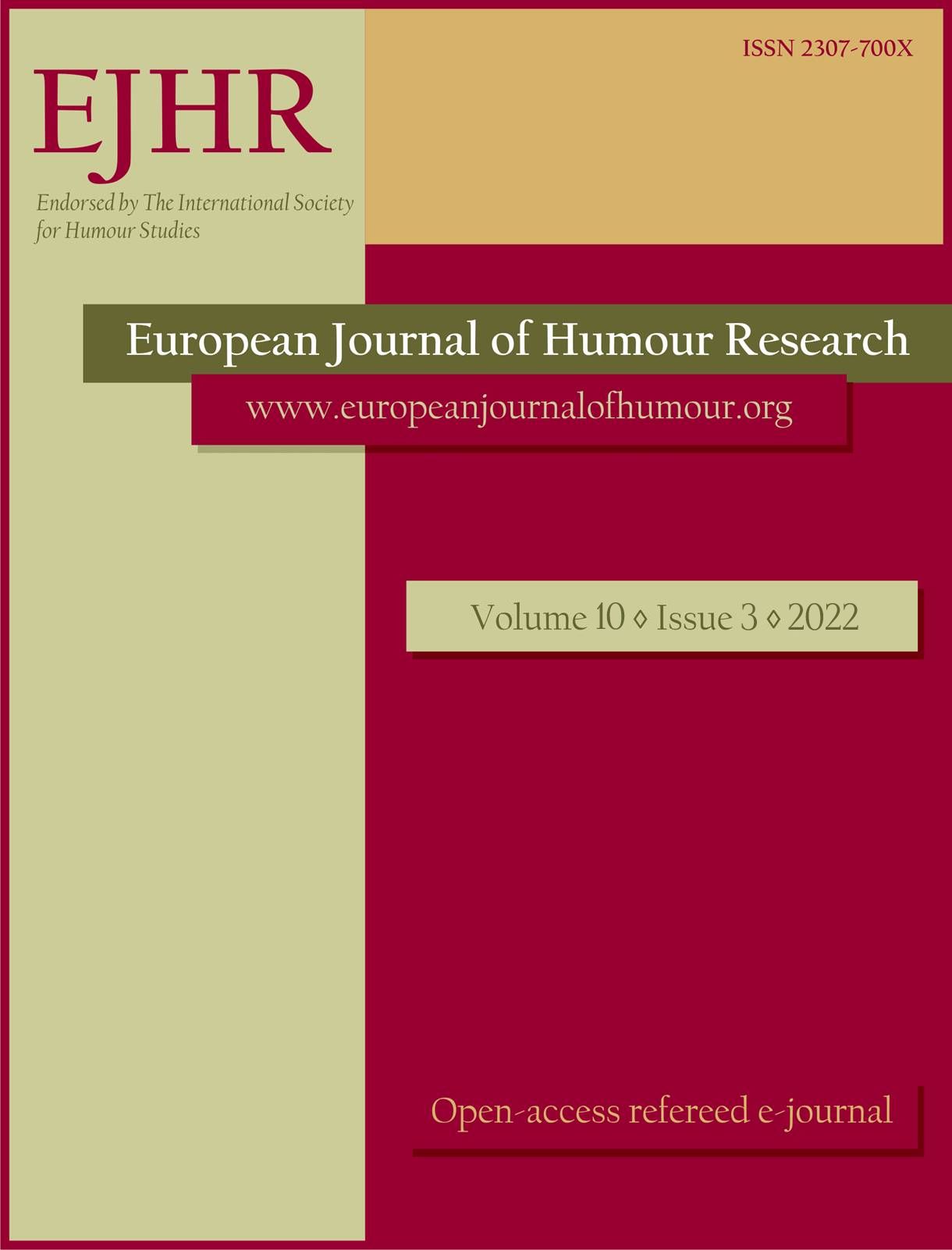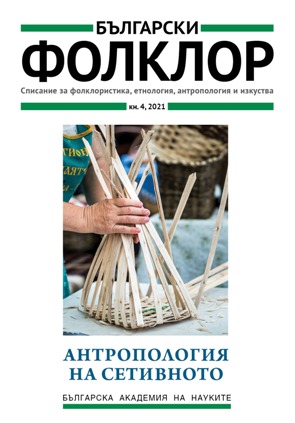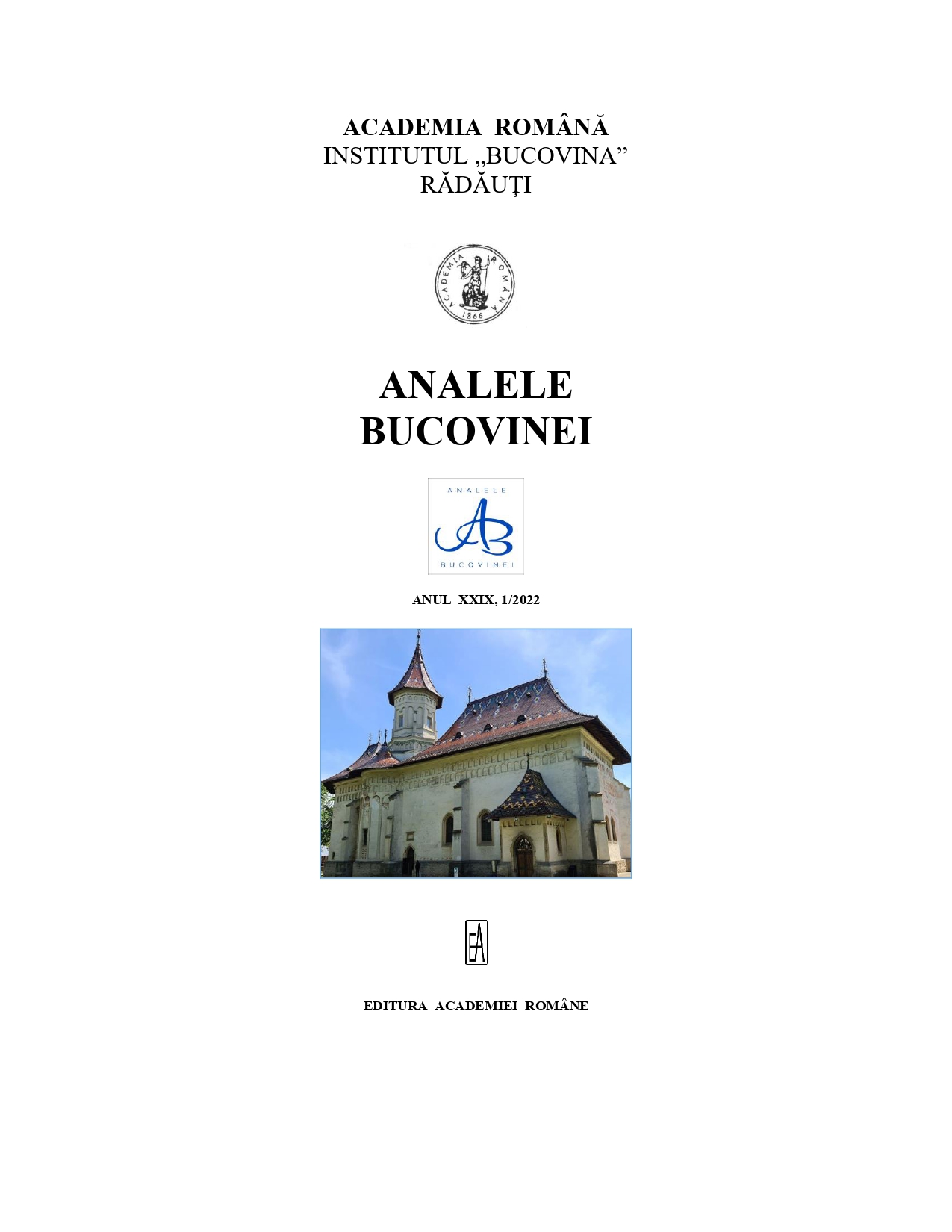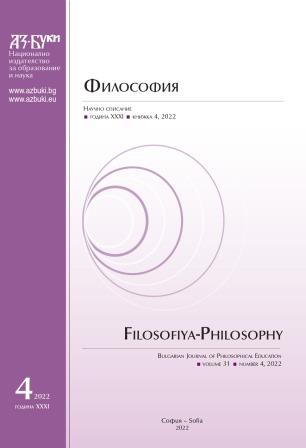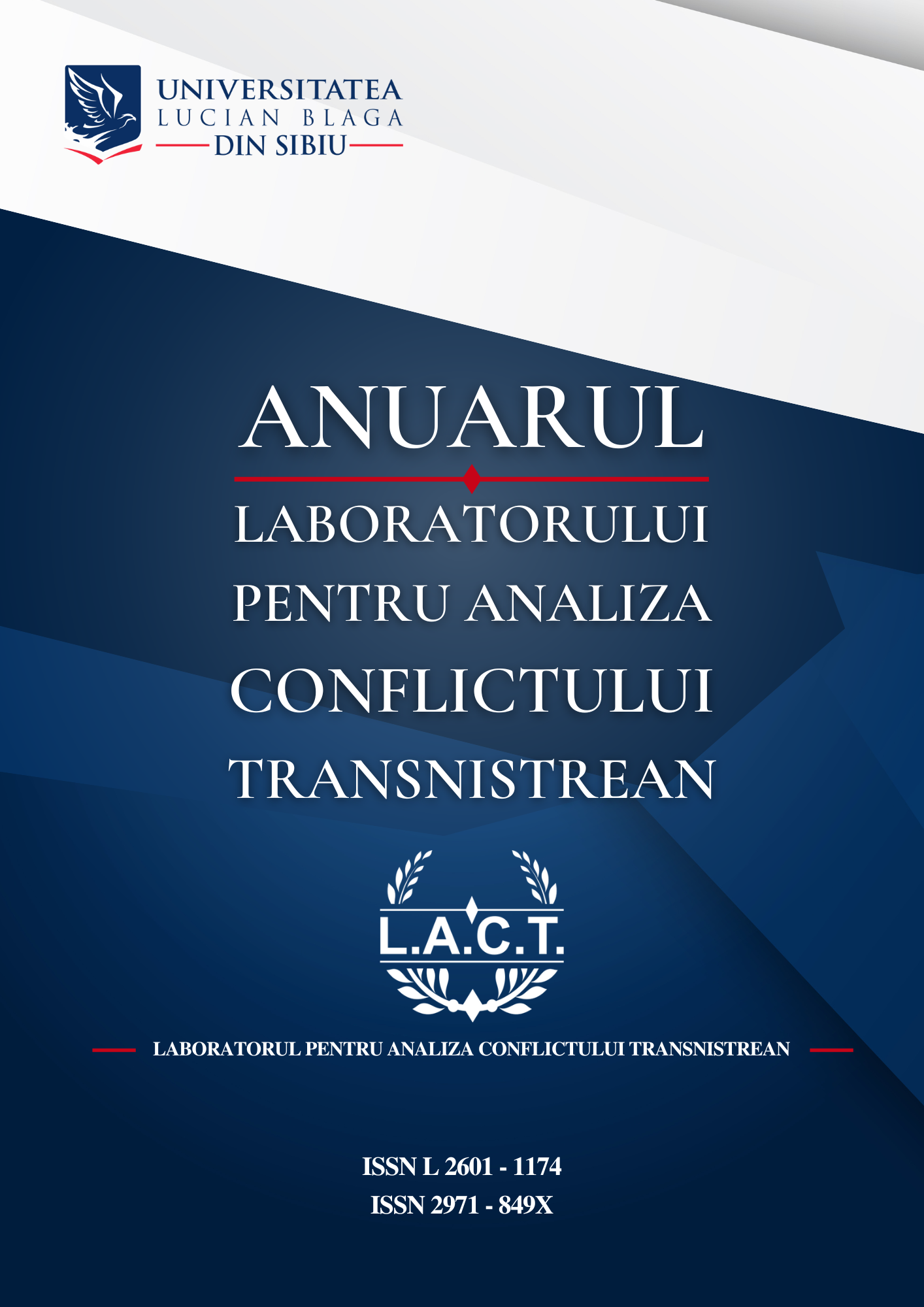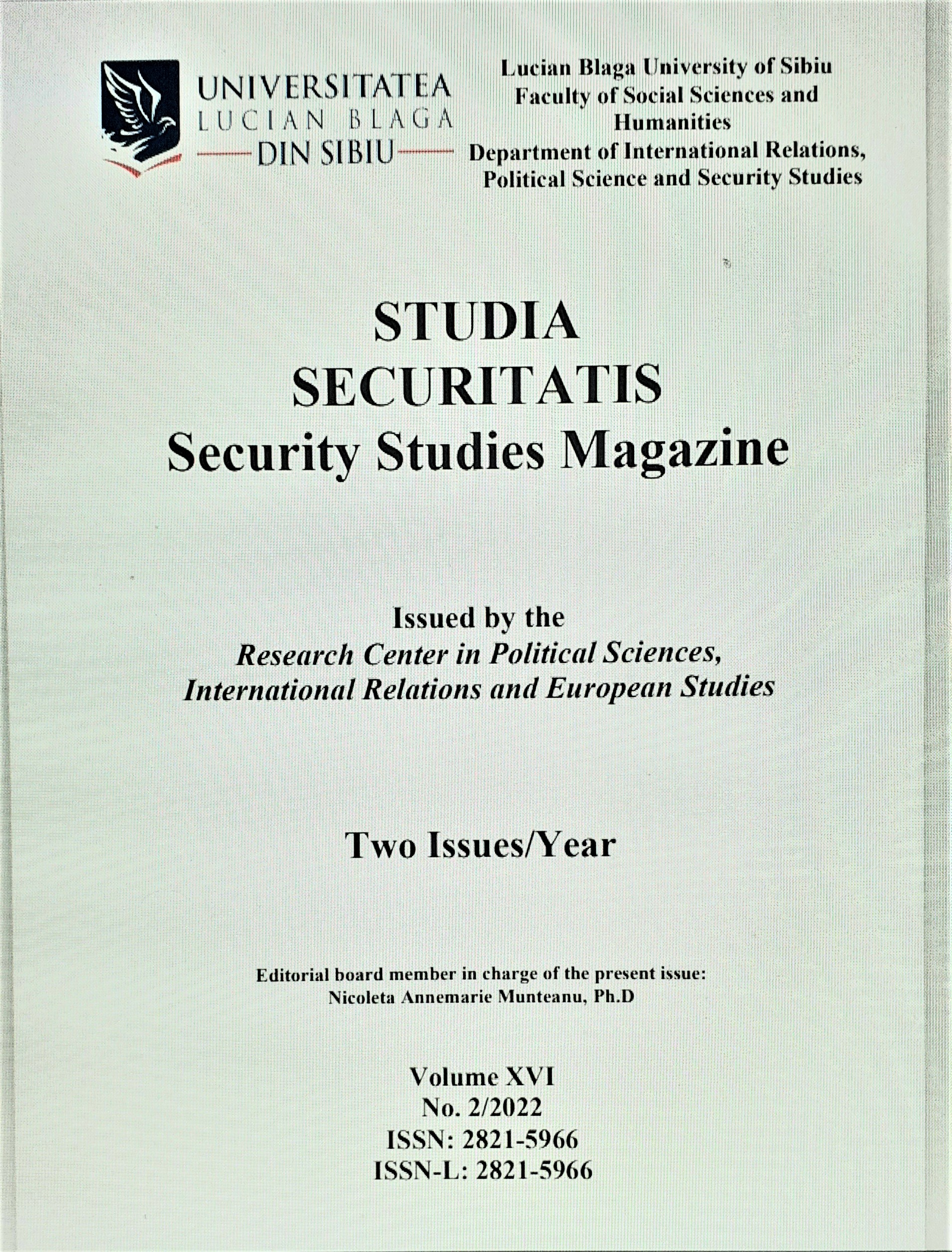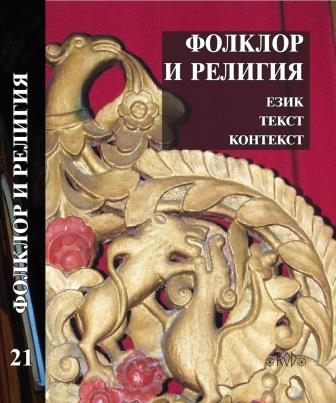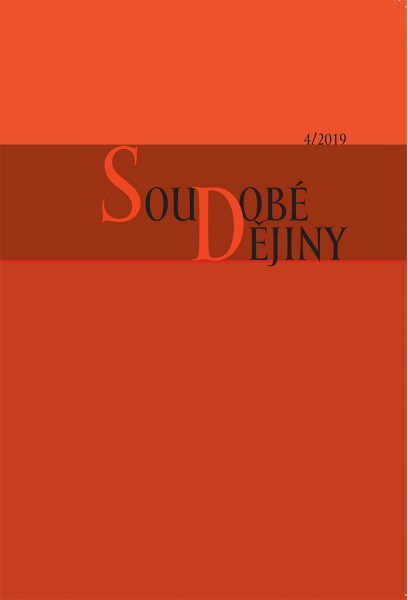
Blízký východ v komparativní perspektivě
Černý, Karel. Velká blízkovýchodní nestabilita: Arabské jaro, porevoluční chaos a nerovnoměrná modernizace 1950–2015. Prague: Nakladatelství Lidové noviny, 2017, 577 pp., ISBN 978-80-7422-595-6; English edition: Instability in the Middle East: Structural changes and uneven modernisation 1950–2015. Prague: Charles University – Karolinum Press, 2017, 476 pp., ISBN 978-80-246-3427-2. An abridged English version of this review has been published in the online version of the British Journal of Middle East Studies, Vol. 46, No. 3 (2019). The book by Karel Černý, published simultaneously in English and Czech (with the title "The great Middle Eastern instability: The Arab Spring, post-revolution chaos, and uneven modernization 1950–2015"), offers, in the reviewer’s opinion, a unique and original analysis of a broad spectrum of issues which the Middle East region has had to face roughly since the end of WW2. The author analyses modernization processes in local politics, economies, education, and media, as well as demographical changes and urbanization, finding the roots of the regional instability in a disharmony of the above spheres. He sets his studies of these regions into several macrohistoric-sociological comparative frameworks illustrating both specific and general aspect of the modernization process in the Middle East. In doing so, he evaluates the roles of Islam and post-colonialism as two indispensable factors of the situation in the Middle East in responsive and unconventional manner. Černý backs his analysis and conclusions by a broad selection of secondary published sources and a firm theoretical anchoring, but also by original and detailed empirical research and his own productive theoretical model. Thanks to the above, the author is able to present to us an accurate and convincing picture of the processes and events leading to the tumultuous Arabian Spring and subsequent events.
More...
